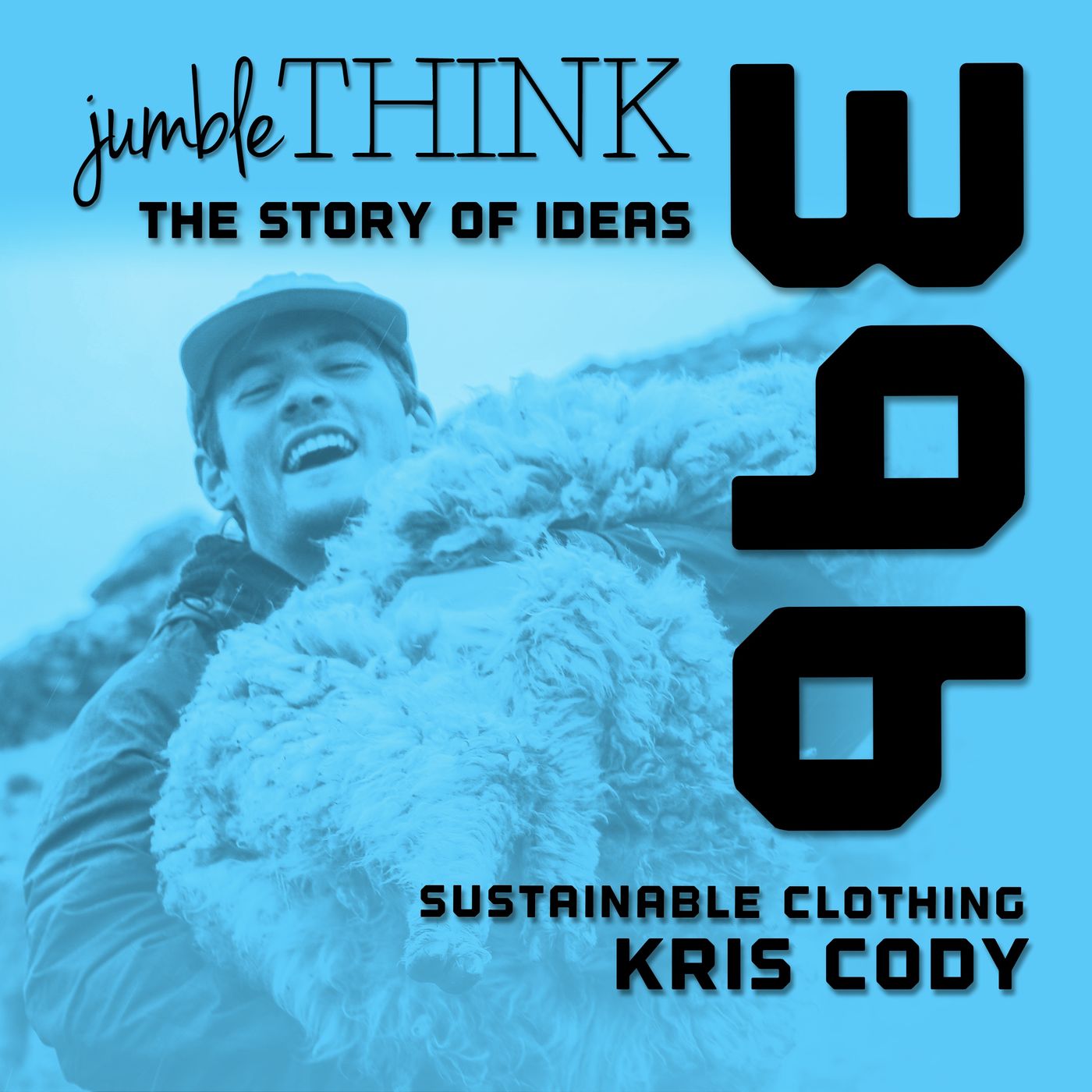Mar 14 2024 45 mins
Kris Cody is the founder of Paka Apparel with a dream of changing the way people play outdoors and the clothing that makes it possible.
Kris launched Paka in 2017 and brought alpaca sweaters to the public through the brands’ first Kickstarter – Paka exceeded its goal of $20,000 in under 24 hours and raised more than $350,000 in 30 days. From that inception, Paka has now created a line of washable alpaca apparel and ethical performance outerwear, along with Paka's tried and true sweaters, hoodies and socks.
What makes his approach to business stand out is his effort to localize Paka’s supply chain: all of Paka’s alpaca fiber is sourced from free-roaming herds in Peru, 90% of products are manufactured in the country, and over 100 Quechua women weavers are employed (at 4x the living wage in Peru) to craft hand-woven Inca ID’s that appear on all Paka apparel. Paka donates 1% of revenue to Peruvian Hearts, an NGO encouraging the education and empowerment of young women in Peru, to support their PakaScholars program.
Last year, Paka launched Traceable Alpaca, which allows customers to see the coordinates in Peru where the fiber of their Paka sweater was sourced. All hand-woven sweaters are signed by their creator – an effort to connect the craftswomen and consumer. Paka has balanced maintaining a community-driven attitude while developing industry-changing innovation in natural fiber.
In today's conversation we dive deep into the Paka Story, Kris's unique entrepreneural journey, the power of sustainable clothing, how to have a successful Kickstarter Campaign, and how clothing can help live a outdoor lifestyle.
Learn more about Paka at https://www.pakaapparel.com
Kris launched Paka in 2017 and brought alpaca sweaters to the public through the brands’ first Kickstarter – Paka exceeded its goal of $20,000 in under 24 hours and raised more than $350,000 in 30 days. From that inception, Paka has now created a line of washable alpaca apparel and ethical performance outerwear, along with Paka's tried and true sweaters, hoodies and socks.
What makes his approach to business stand out is his effort to localize Paka’s supply chain: all of Paka’s alpaca fiber is sourced from free-roaming herds in Peru, 90% of products are manufactured in the country, and over 100 Quechua women weavers are employed (at 4x the living wage in Peru) to craft hand-woven Inca ID’s that appear on all Paka apparel. Paka donates 1% of revenue to Peruvian Hearts, an NGO encouraging the education and empowerment of young women in Peru, to support their PakaScholars program.
Last year, Paka launched Traceable Alpaca, which allows customers to see the coordinates in Peru where the fiber of their Paka sweater was sourced. All hand-woven sweaters are signed by their creator – an effort to connect the craftswomen and consumer. Paka has balanced maintaining a community-driven attitude while developing industry-changing innovation in natural fiber.
In today's conversation we dive deep into the Paka Story, Kris's unique entrepreneural journey, the power of sustainable clothing, how to have a successful Kickstarter Campaign, and how clothing can help live a outdoor lifestyle.
Learn more about Paka at https://www.pakaapparel.com
